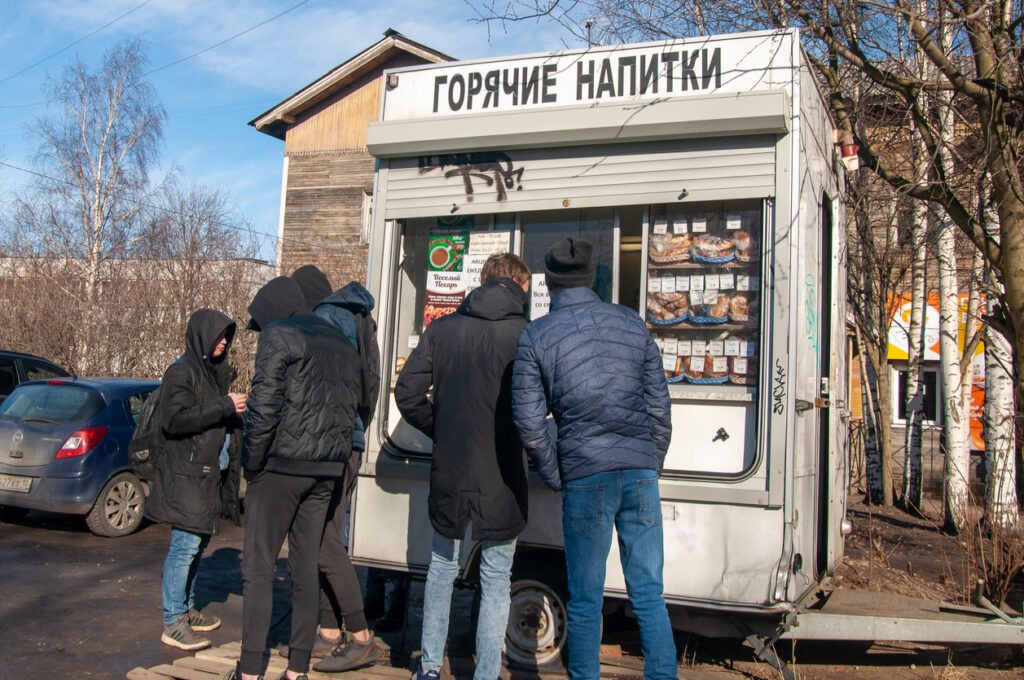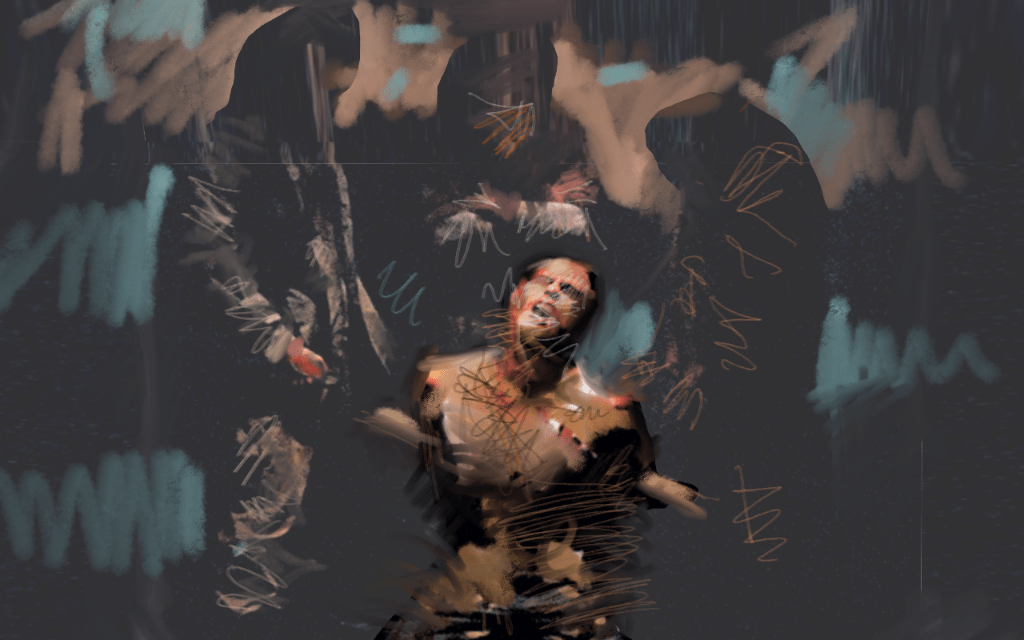Citizens of Tajikistan and Kyrgyzstan Warned Against Non-Essential Travel to Russia
Citizens of Tajikistan and Kyrgyzstan are warned against traveling to Russia, reportedly due to “additional security measures and enhanced border controls” imposed by the Russian government. On September 10, the Tajik embassy in Moscow advised Tajiks “to temporarily refrain from traveling to the Russian Federation unless necessary.” Similar advice was issued by Kyrgyzstan's Ministry of Foreign Affairs the same advice on September 5, in the statement: “In connection with the continuation of additional security measures introduced on the territory of Russia and the regime of enhanced control over the passage of foreign citizens across the state border, the Embassy of the Kyrgyz Republic in the Russian Federation recommends that citizens of the Kyrgyz Republic who do not have compelling reasons for entering the Russian Federation temporarily refrain from traveling to its territory until the above measures are lifted.” Given that remittances sent by Central Asian immigrants are the primary source of financial support for many families, the warning may have serious economic consequences for immigrants working in Russia. For context, this warning is one of many. After the Crocus City Hall terrorist attack, restrictions on the entry of Central Asians into Russia were announced several times. The issue of immigrants remains controversial in Russia. For example, a Russian diplomat recently proposed a temporary moratorium on Russian citizenship for Central Asians, whilst another deputy suggested that the government impose a ban on immigrants.




